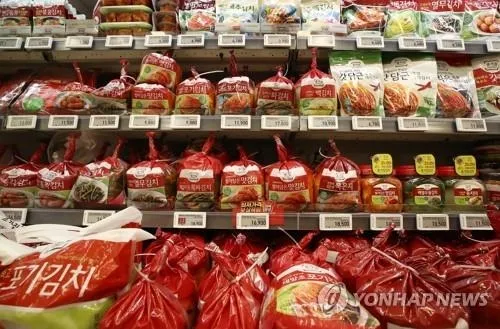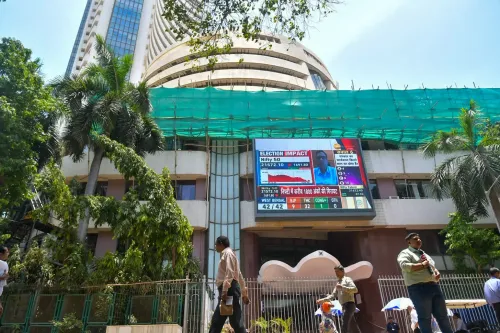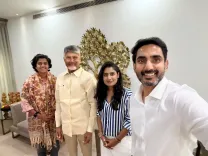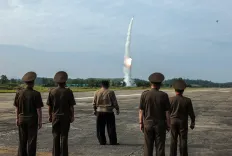ICRISAT Empowers Scientists to Develop Climate-Resilient Strategies for Mixed Farming Systems
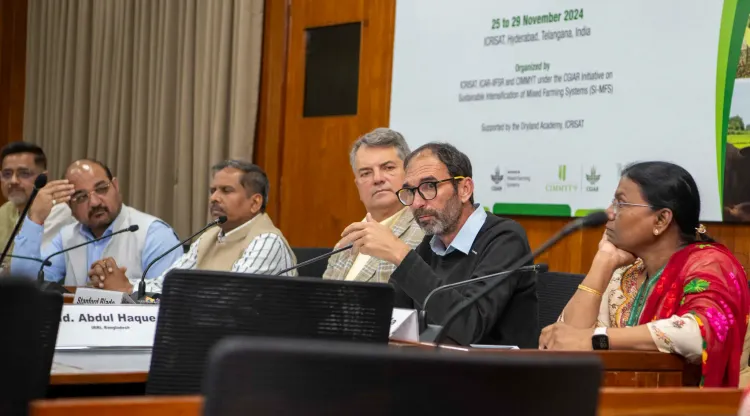
Hyderabad, Dec 7 (NationPress) A group of twenty-three agricultural scientists from six countries across Asia and Africa have received training in modern modeling techniques from the International Crops Research Institute for the Semi-Arid Tropics (ICRISAT) as part of the CGIAR Initiative focused on the Sustainable Intensification of Mixed Farming Systems (SI-MFS).
The participants hailed from India, Nepal, Bangladesh, Laos, Malawi, and Zimbabwe, and engaged in a practical workshop aimed at enhancing their expertise at the ICRISAT Headquarters last week.
The primary objective of the workshop was to advance the sustainable intensification of mixed farming systems. This was achieved by integrating a systems thinking approach that incorporates environmental, economic, and social factors into cohesive solutions, utilizing tools such as Crop-Livestock Enterprise Modeling (CLEM) and Farm Design.
These methodologies facilitate the evaluation of solutions, comprehension of trade-offs and synergies, and support resilient, inclusive, and profitable smallholder agriculture.
Dr. Santiago Lopez Ridaura, co-lead of the CGIAR's SI-MFS, emphasized the intricate nature of small-scale farms, which typically incorporate a diverse array of crops, intercrops, livestock, and various on-farm and off-farm enterprises.
He stressed the necessity for an interdisciplinary approach to grasp system dynamics and trade-offs effectively.
“This is the type of collaboration we aspire to see within CGIAR. Our most successful outcomes occur when national institutes integrate these innovative tools into their practices,” remarked Dr. Ridaura.
The workshop was organized in partnership with the ICAR-Indian Institute of Farming Systems Research (IIFSR) and the International Maize and Wheat Improvement Centre (CIMMYT).
Commenting on the advancements in India, Dr. Sunil Kumar, Director of ICAR-IIFSR, highlighted the development of 75 prototype models tailored for various regions and the critical need to close the lab-to-land gap while ensuring alignment with relevant policies.
“Implementing solutions necessitates an understanding of local constraints and robust policy support,” stated Kumar.
Dr. Stanford Blade, Director General-Interim and Deputy Director General-Research at ICRISAT, underscored the importance of balanced interventions.
“A singular intervention can inadvertently disrupt other components of the system. It is vital to employ systems tools to analyze trade-offs and achieve sustainable, balanced solutions,” Dr. Blade concluded.

